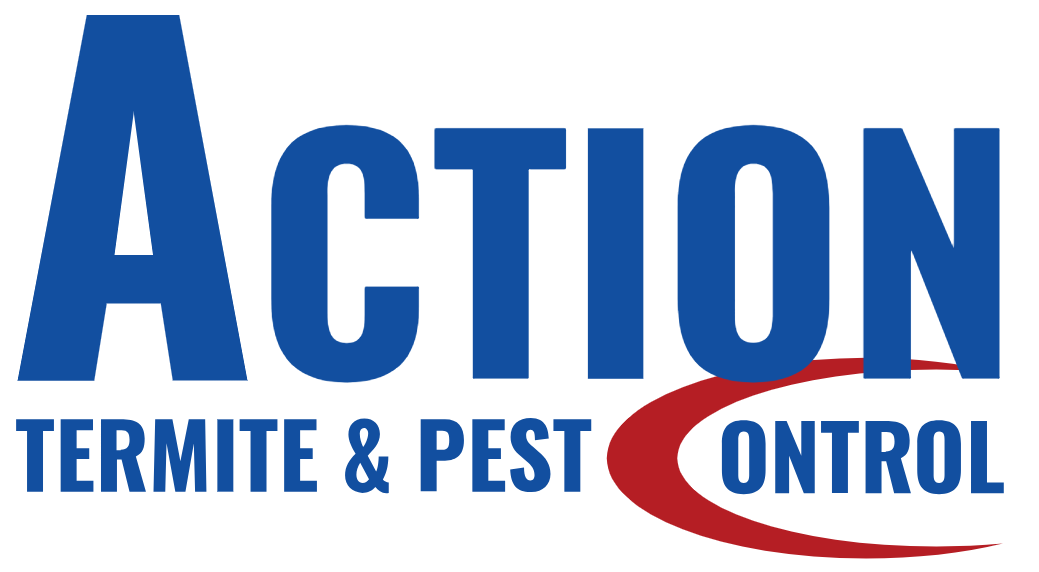Have you ever wondered if you weren’t the only one enjoying your cereal each morning? Worried about keeping pests away from your Christmas cookies this holiday season?
Pantry pests, more eloquently known as “stored product pests”, may be indulging in these household staples under your very nose. The most common pantry pests in the Phoenix area include beetles, moths, ants, earwigs, weevils, and pill-bugs. These pests thrive on dried and processed food products that many Phoenix residents keep in their cabinets year round. They breed continuously and reside in the food products that they feed on, so infestations can spiral out of control rather quickly.
The silver lining to the pantry pest phenomenon is this: these pests are largely preventable. With a few key precautionary measures, you can keep pantry pests in your home at bay and ensure that your stored foods will be safe. The first preventative measure is to invest in high quality containers for stored goods. These containers should be airtight with secure lids thus preventing any sort of pest infestation. Another important point of prevention is to inspect all groceries for evidence of pests prior to storing them in your home. Sometimes the sanitation practices at local grocery stores may be sub-par, resulting in accidentally introducing pests from the store into your own cabinets. By inspecting your groceries for evidence of pests before putting them away, you can keep this issue from developing. Finally and perhaps most importantly, good sanitation in your home year round is crucial to controlling pantry pests. Make a habit of routinely going through your cabinets and vacuuming surfaces, checking expiration dates, and throwing out old items. As the saying goes, an ounce of prevention is worth a pound of cure!
With the upcoming Christmas cookie season, you may be reaching for that bag of flour you forgot about and find an unwelcome surprise of a pantry pest infestation. If this happens to you, don’t fear- we are here to help you! Nonetheless, we hope that after reading this article you have some key knowledge to help prevent these pests from taking up shop in your home.

 BED BUGS
BED BUGS SCORPIONS
SCORPIONS RODENTS
RODENTS BEES
BEES MOSQUITOS
MOSQUITOS TAP INSULATION
TAP INSULATION PEST PROTECTION PLAN
PEST PROTECTION PLAN WEEDS
WEEDS


